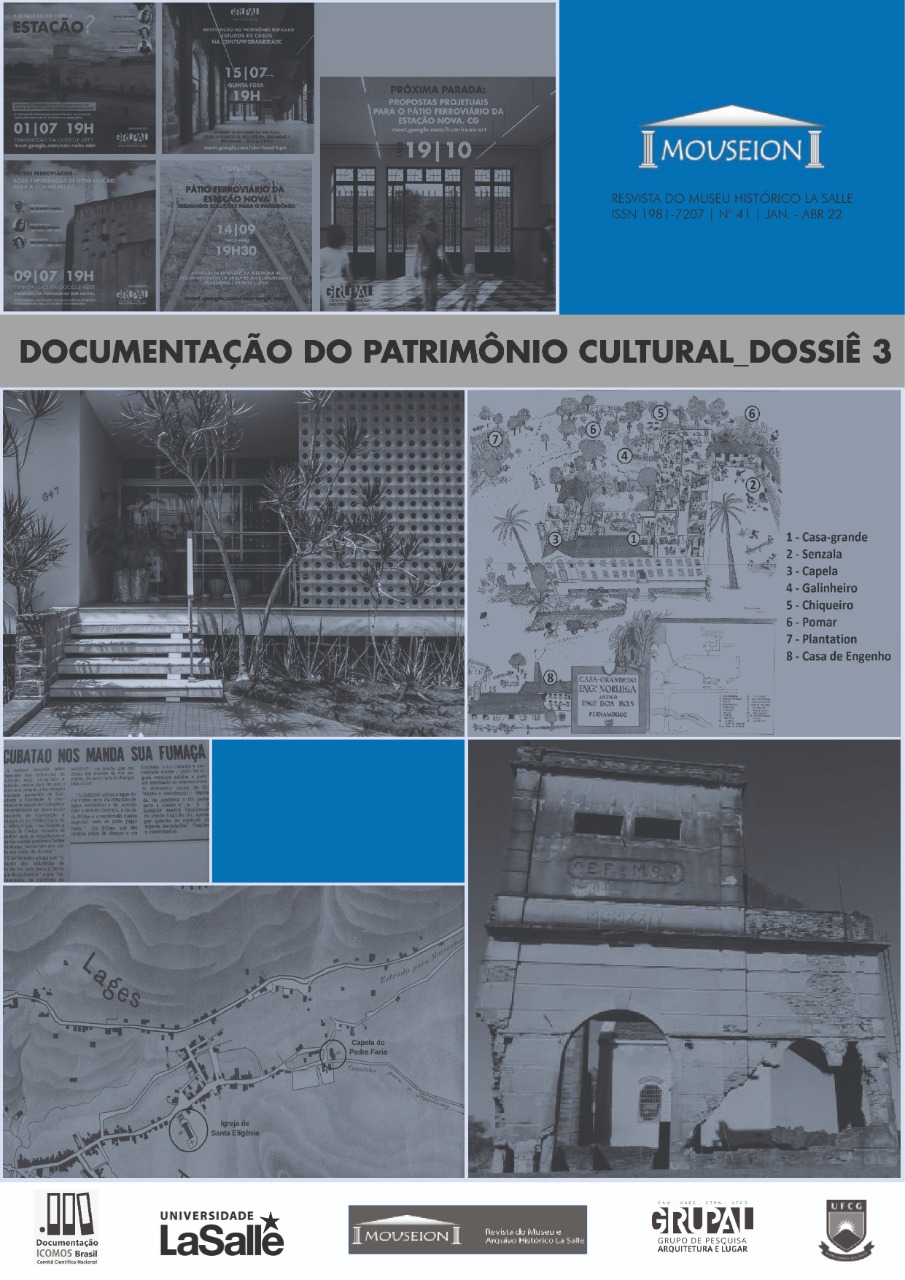The hierarchy and habits of habitation, from colonial Brazil to contemporary times: an analysis based on Gilberto Freyre’s Casa-Grande
DOI:
https://doi.org/10.18316/mouseion.v0i41.9540Keywords:
Habits, culture, colonial architecture, grand mansionsAbstract
The article proposes the discussion about the relationships established by the members of the extended family gathered under the patriarchal authority of the Portuguese colonizer, according to the narratives of Gilberto Freyre in his book “Casa-Grande e Senzala”. The research delves into the domestic habits of the nuclear and extended family, the permitted and prohibited places for the movement of people, family members, slaves and aggregates, as well as an anthropological analysis of the building as a symbol of power and social position, in the control of women and in the silencing of the multiple actors involved in this space, which largely shaped Brazilian domestic customs. The house itself, its adjacent spaces and the position of the buildings on the land, present a curious adaptive and architectural logic. The method used is deductive, with bibliographical and documental research, using also the comparison of plans, sketches and engravings with the elements presented by the work under analysis and its fundamental concepts in the descriptions of the dwellings.Downloads
Published
2022-05-17
Issue
Section
Dossiê
License
Authors must submit their manuscripts to be published in this journal agree with the following terms:
Authors maintain the copy rights and concede to the journal the right of first publication, with the paper simultaneously licensed under the License Creative Commons attribution that permits the sharing of the paper with recognition of authorship and initial publication in this journal.
Since the articles are presented in this journal of public access, they are of free use, with their own attributions for educational and non-commercial purposes.


